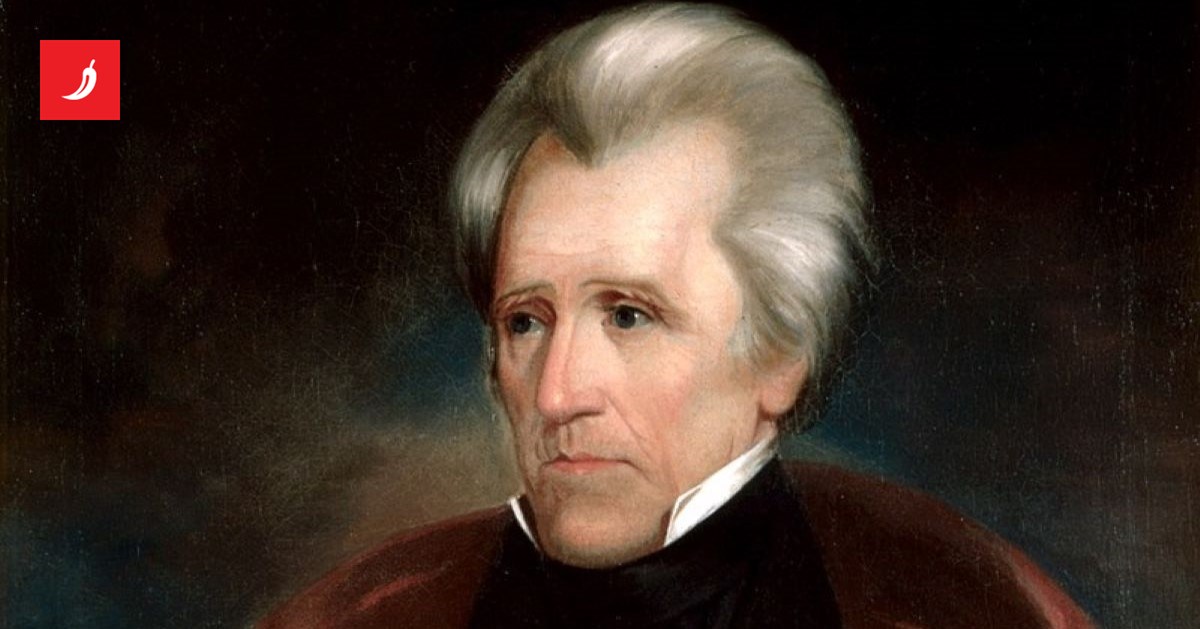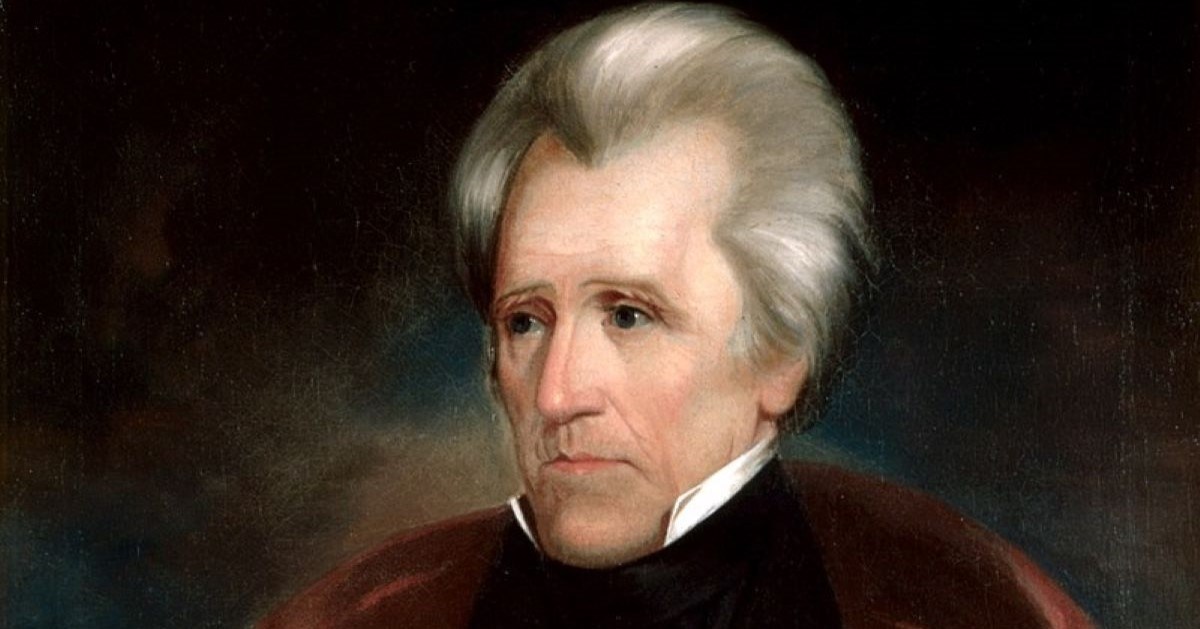Andrew Jackson, the seventh president of the United States, is known for controversial decisions with long-lasting consequences. His policies included the forced removal of Native American tribes from their lands, leading to the deaths of many during the Trail of Tears. He was a passionate defender of slavery, owning hundreds of slaves and banning abolitionist literature. Economically, Jackson opposed the national bank and redirected funds to five smaller banks, causing an economic crisis in the 1830s. His legacy is criticized for violating the rights of Native Americans and African Americans, as well as for the economic problems he caused.
Political Perspectives:
Left: Left-leaning sources emphasize Andrew Jackson’s role in the forced displacement of Native Americans, highlighting the human suffering and deaths caused by the Trail of Tears. They criticize his staunch defense of slavery and his economic policies that favored his political allies while causing economic instability. The narrative often frames Jackson as a symbol of systemic oppression and injustice.
Center: Centrist sources provide a balanced view acknowledging Jackson’s military and political achievements but also recognizing the severe negative impacts of his policies on Native Americans and African Americans. They discuss his economic decisions in the context of the era’s challenges, noting both his intentions and the unintended consequences. The tone is more neutral, presenting facts without strong moral judgment.
Right: Right-leaning sources tend to highlight Andrew Jackson’s populist appeal and his fight against what he saw as corrupt institutions like the national bank. They may downplay or justify the forced removal of Native Americans as a necessary policy for American expansion and development. His defense of slavery is sometimes contextualized as a product of his time, and his economic policies are portrayed as efforts to decentralize financial power.




















